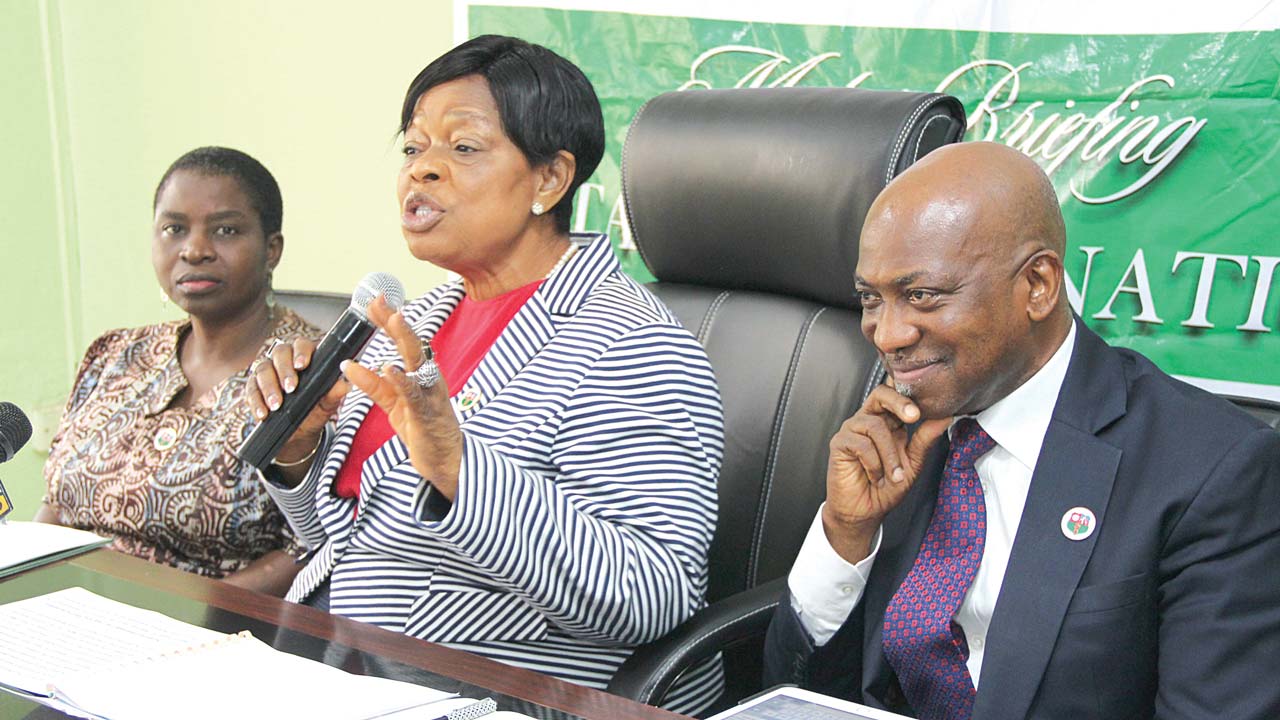
Prolonged approvals from the National Assembly for non-oil export incentives under the revised Export Expansion Grant (EEG) scheme, also known as the Export Credit Certificate has further increased the backlog of unpaid incentives to at least N350 billion.
Although there were expectations that some of the backlogs would be cleared next month, the delayed approval of the 2018 budget may further prolong the issuance of promissory notes to the beneficiaries.
The Federal Government had attributed the delay in clearing the backlog of the revived Export Expansion Grant (EEG) payments to prolonged approvals from the National Assembly, following revision of the incentive scheme to Export Credit guarantee Certificate.
In a chat with The Guardian, Chairman, Nigerian Association of Chambers of Commerce, Industry, Mines and Agriculture (NACCIMA) Export Action Group, Ade Adefeko, explained that the export incentives would be settled via the issuance of promissory notes with a tenor of between 5-7 years to beneficiaries once approved by the government.
Adefeko noted that expectations are high on the part of non-oil exporters, adding that clearing the backlogs would aid the growth of non-oil export in the country.The Director, Export Development and Incentives at the NEPC, George Enyiekpon, had earlier in the year revealed that the government had already made funds available for the implementation of the new incentives.
He added that unlike the EEG, which was a post-shipment incentive where exporters were required to export before accessing, the new basket of incentives was pre-shipment and exporters would be given the grant before carrying out the export.He noted that the NEPC had constituted a technical committee on the new basket of incentives, which reviewed export incentive schemes in the country and came up with suggestions.
“The draft report of the committee proposed the reactivation of moribund schemes such as Export Development Fund, Export Adjustment Scheme Fund, Manufacture-In-Bond Scheme and the introduction of new ones such as Export Support/Litigation Fund, which is being presented for stakeholders’ validation,” he stated.
On her part, NACCIMA President, Iyalode Alaba Lawson added that government must continue to put structures in place to facilitate trade. Specifically, she mentioned road infrastructure and the case of access roads to the Apapa and Tin can ports as illustrative of how dilapidated roads and consequential traffic gridlock and delays hinder trade.
“The mile-long queue of trailers is indeed embarrassing. We cannot be working out policies to facilitate trade and leave our road and ports infrastructure in the state they are across the country.
“The current state of some equipment in use by some operators at the ports is also worrisome. There are several of them with inadequate and old equipments; non functioning scanners and required automation systems to facilitate prompt clearances of containers and goods. This was confirmed during a recent On-The-Spot-Assessment Visit to Sea and Border Posts in South West by NACCIMA as a member of the National Trade Facilitation Committee (NTFC). All of these must be addressed to enable us make appreciable progress in the area of trade facilitation”, she added.
[ad unit=2]



